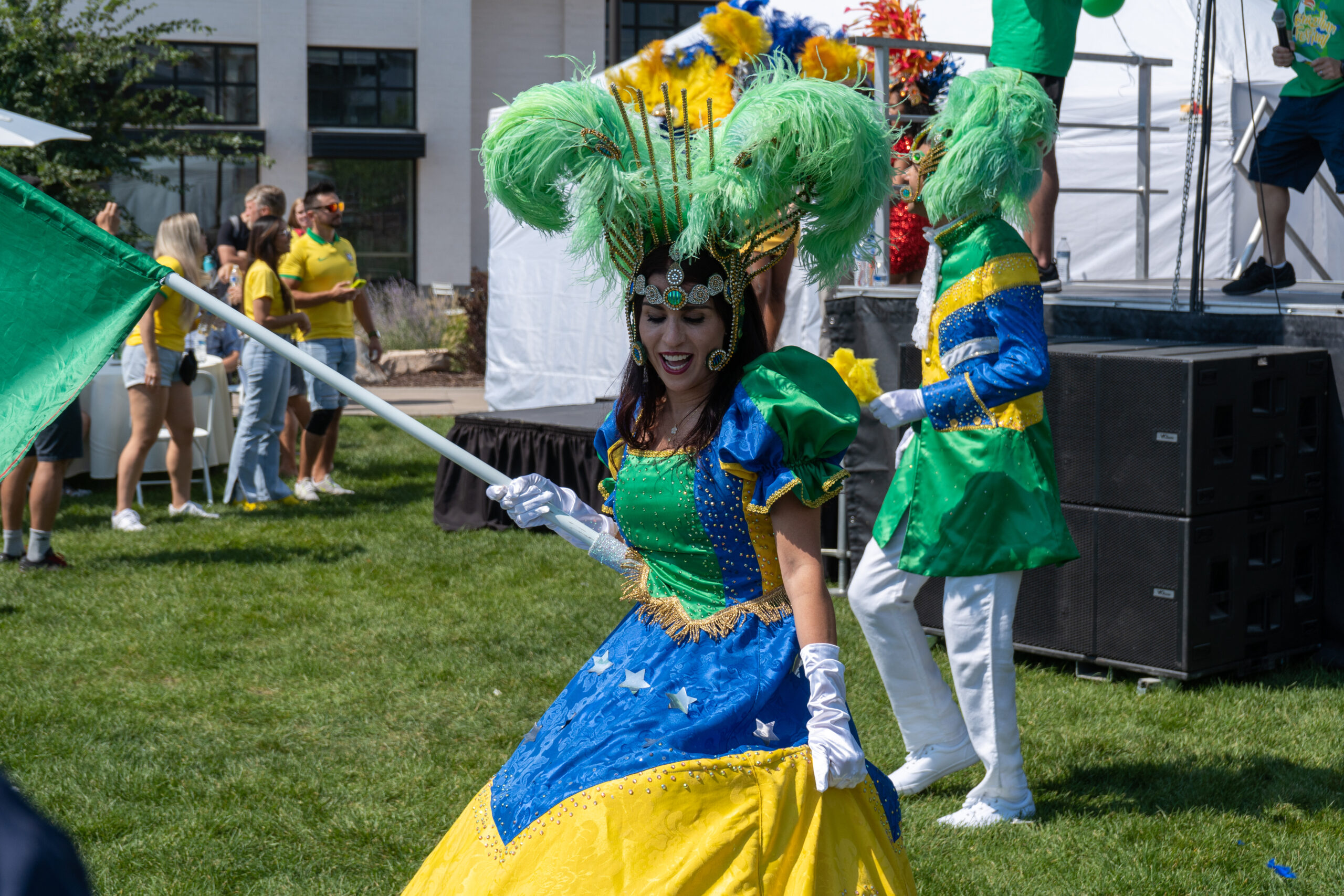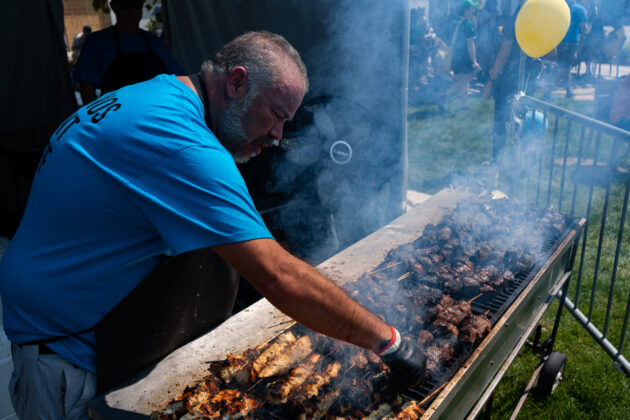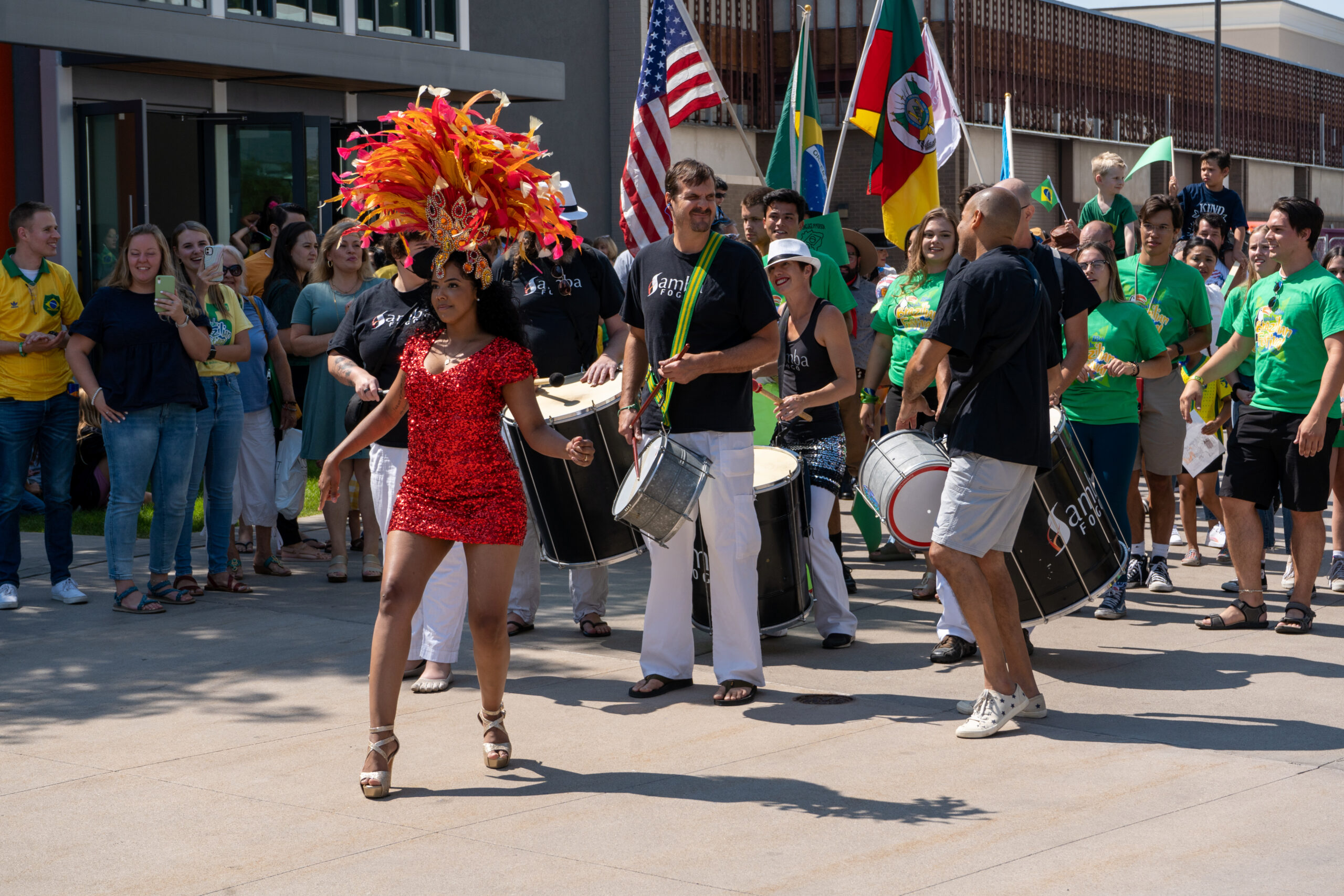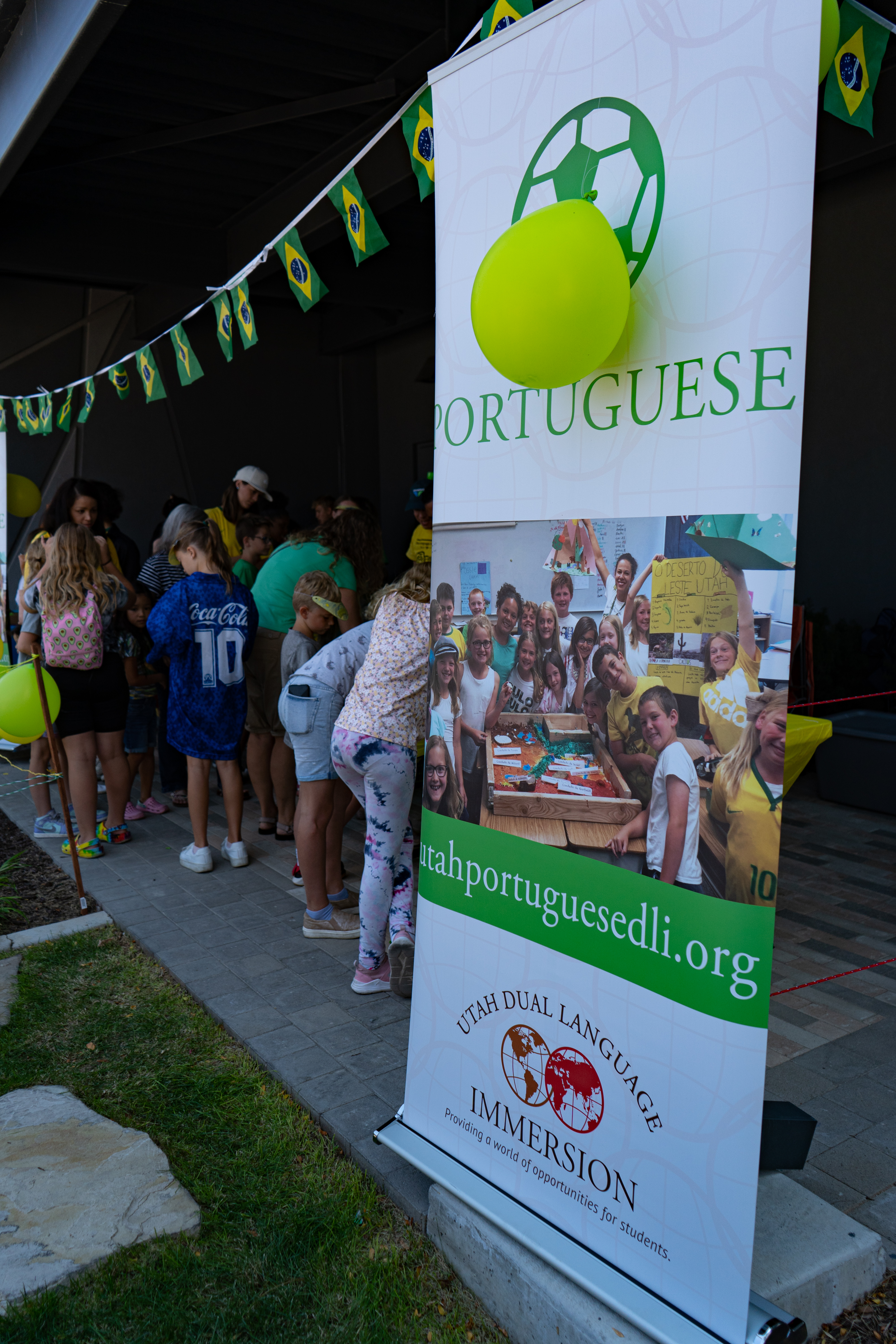Utah residents united in celebration of Brazilian culture at University Palace Saturday, Sept. 10 for the annual Utah Brazilian Festival.
From colorful clothing to delicious food, Brazilian families from in and outside of Utah set up booths to share their culture.
“The festival has grown year by year, and it’s a great opportunity for Brazilian people or those who have any ties to Brazil to come to enjoy good food, to enjoy good music [and] to have fun,” the festival’s information specialist Anderson Gonzales said. “It’s something to keep the culture alive, to preserve the memory, to honor our ancestry, to enjoy good food and to enjoy good friendships. You always know [people] are going to come to this event. It’s good to see people and preserve the culture and the heritage.”
The event began with Brazilian dancers proudly demonstrating traditional dances in costume with drummers and volunteers at their back.
The festival contained several booths that produced a variety of traditional Brazilian foods, desserts and colorful clothes.
One vendor, Melissa Miranda, sold macarons inspired by traditional Brazilian colors and tastes. Miranda said that one of her most popular macarons mimicked the colors of the Brazilian national flag and had the flavor of brigadeiro, which is a Brazilian chocolate confection.
The festival also included booths dedicated to educating children about the importance of exposing themselves to new cultures, new ideas and new languages. Among these booths was one that belonged to Utah Dual Language Immersion.
“We’re here representing the Utah Dual Language Immersion for Portuguese Program and we joined the parade and have got a booth here with lots of fun activities for kids to do to celebrate Portuguese,” program director Shauna Winegar said.
According to Winegar, events like the Brazilian festival provide ways to offer culture to a wide array of people.
“This is important because we need globally competent, linguistically talented human beings in the world, and this is one way that kids can very easily be exposed to something very important and gain a tremendously important skill in the 21st century,” Winegar said.










